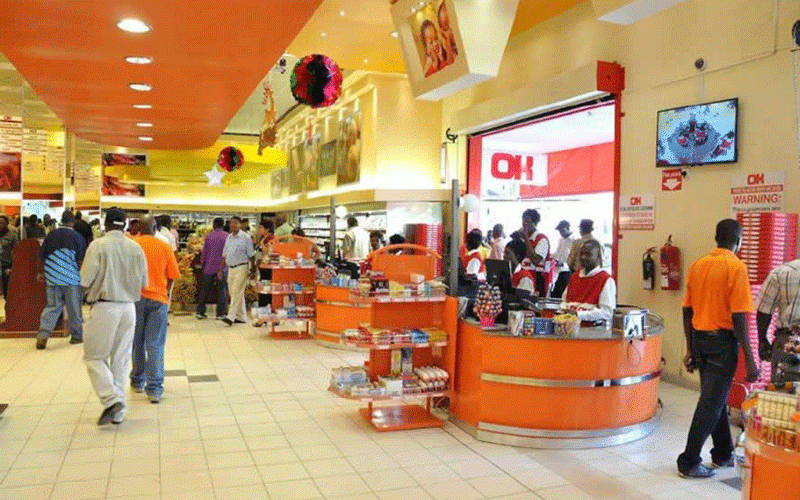
ADVISORY firm, FBC Securities says stock market investors must focus on firms that have withstood waves of economic turmoil, with proven track records of performing well.
In a new report on looking at capital markets trends, FBC picked retail and fast foods chains among stocks to perform well this year.
Agro–industrial counters also made the list.
The country's macro-economic stability remains fragile owing to perennial power shortages, depressed aggregate demand and uncertainty around upcoming elections slated for July or August.
The domestic economy is projected to slow down from 4% in 2022 to 3,8% this year.
Zimbabwe’s elections, along with tepid demand and power cuts, are among factors projected to affect growth.
"In view of these factors, we recommend that investors consider mature businesses with a proven track record of performance that have held up well in periods of uncertainty," FBC said in its research note.
"Additionally, investors will derive value from holding positions in counters with diverse business models, inflation hedging capabilities and foreign currency generation capacity."
- Chance to buy 'undervalued' counters: FBC
- ‘Inflation, power shortages a threat to economic growth’
- Simbisa Brands listing boost for VFEX
- Markets bullish as VFEX rides out storms…FBC Securities says more listings coming up in 2023
Keep Reading
It said the outcomes of the research had taken cognisance of both qualitative and quantitative aspects offered by the Zimbabwean economic and investment landscape.
"We anticipate a general bullish sentiment to prevail on the stock market. However, gains may be moderated by inflation tightening measures being pursued by government," the research noted added.
According to IH Securities, activity on the Zimbabwe Stock Exchange registered a marginal increase with market cap increasing by 2,91% over the month of February, despite Axia and Innscor delisting from the bourse.
However, in real terms, using an effective exchange rate, the market cap slightly decreased by 7,02% as the local currency depreciated faster than the market capitalisation recovery rate.
The stock market closed the month of February at a market cap of US$2,19 billion, trending below the five-year average market cap of US$4 billion, IH noted.
Average daily value traded for the month of February increased from an equivalent of US$0,39 million in January, up to US$0,82 million. Total volumes traded were also up 56% to 143,80 million.
"The market at current levels remains attractive, trading at a deep discount to fair value despite fundamental growth in businesses and an optimistic forecasted economic outlook," IH Securities said.
"We are of the view that we will continue to see strong correlation between money supply and ZSE stock market performance.
“The uncertainty around money supply developments in 2023 propels us to lean more towards defensive stocks that have strong dividend policies in case capital gains remain subdued."
Based on counters under IH universe, median dividend yield currently stands at 2,6%, the report noted.
"In the case of economic turbulence, consumer staples exhibit the most resilience to tough operating environments," IH said.
FBC Securities also said the government’s efforts to stabilise the economy yielded results as inflation and exchange rate pressures generally eased in the second half of 2022.
Annual inflation peaked at 285% in August last year, before decelerating and
closing the year at 244%. Month-on-month inflation during the year reached its highest in June last year at 31%, and closed the year at 2%.











